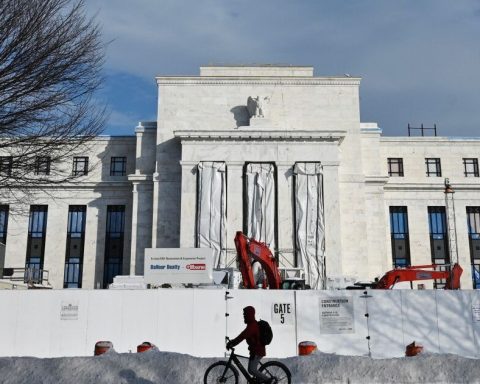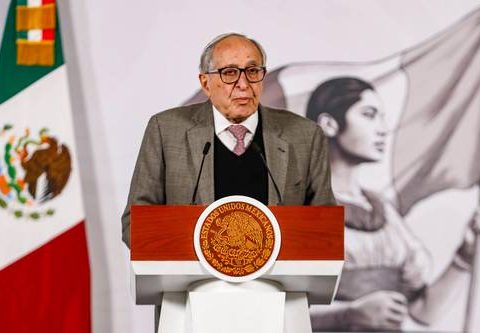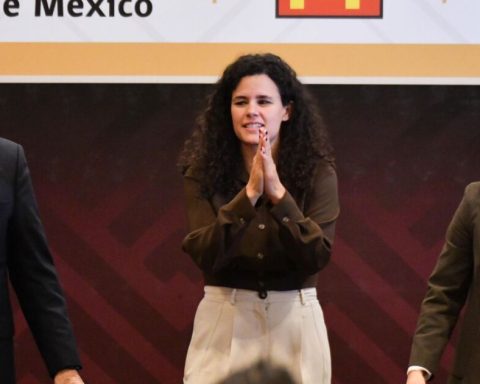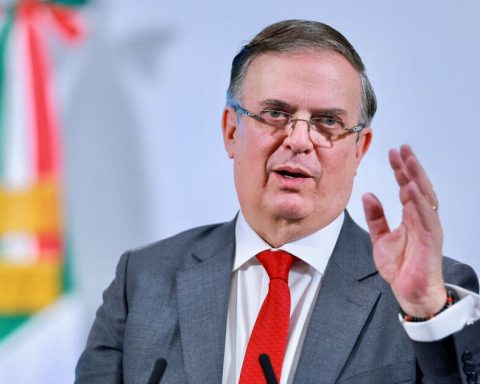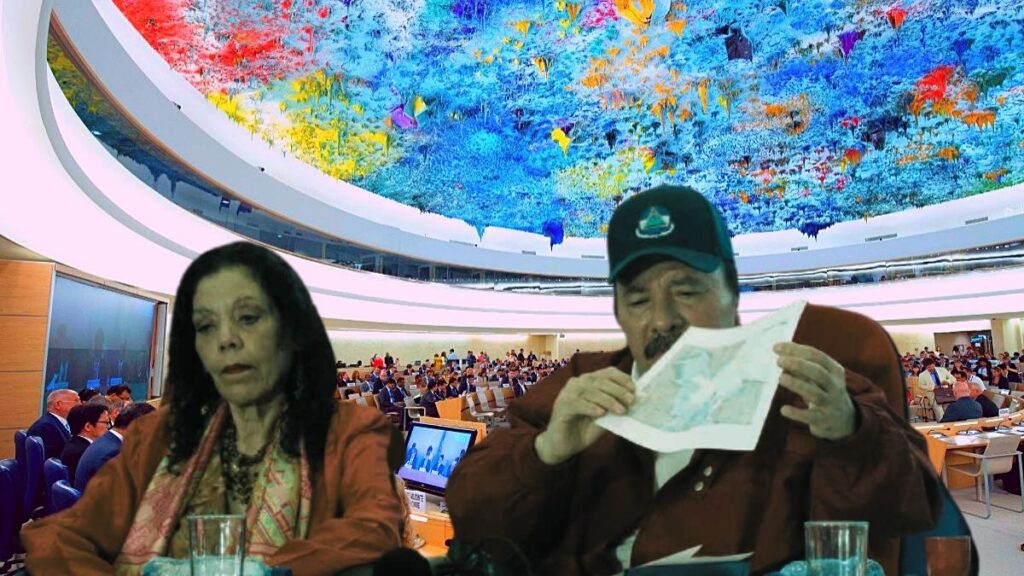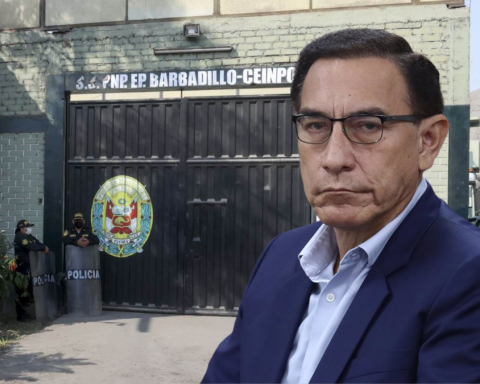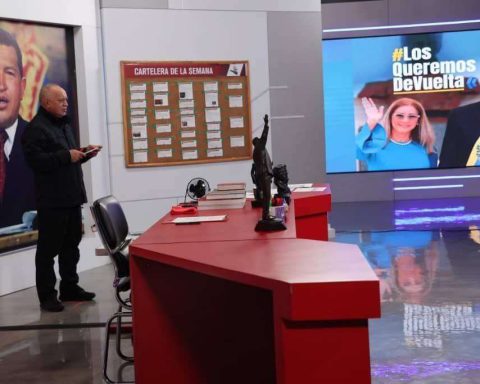There was no claim (from the US government in the recent visit to Washington), they are investing in Mexico (US companies), we have reached agreements and there is no problem”
Andres Manuel Lopez Obrador
After the government of the United States called Mexico for consultations on the measures adopted in the field of energy, considering them in violation of the Mexico-United States-Canada Treaty (T-MEC), a fact to which the government of Canada joined, the president Andrés Manuel López Obrador affirmed that he minimized the fact by stating that “there is no problem”.
The United States Trade Representative, Katherine Tai, said this Wednesday: “We have serious concerns about Mexico’s energy policies and their consistency with the commitments under the T-MEC. We have attempted to work with the Mexican government to address these concerns; Unfortunately, companies from the United States continue to face unfair treatment in Mexico.”
In his morning conference at the National Palace, President López Obrador stated that the consultations were promoted “by some businessmen, more than anything from our country, more than from the Americans or Canadians, about our energy policy.”
He admitted that the Mexican government is being asked to clarify actions on its energy policy because they supposedly affect the T-MEC.
“It is a mechanism that is established in the review treaty when a country considers that one of the clauses of the treaty is not being complied with. It has been used already, even we have asked for this clarification mechanism”, he recalled.
The president ordered to play the song “Oops, what a fear!” of the late Mexican artist Chico Che.
He said that during his visit to the United States last week to meet with President Joe Biden and a delegation of Mexican and American businessmen, “there was no complaint, they are investing in Mexico, we have reached agreements and there is no problem.” .
López Obrador denied that in his meeting with Biden, he had expressed concerns about Mexico’s energy policy. “No, with President Biden it was a very interesting conversation about how to strengthen our relations, how to integrate more economically, commercially, how to produce more in North America, throughout America to face the economic crisis and especially inflation. “, held.
Favoritism, unfair: USTR
As reported through a statement on Tuesday, the White House Trade Representation (USTR) has already requested the consultations, a first step that, if an agreement is not achieved, would give way to the formation of the panel.
The US Trade Representative, Katherine Tai, announced that the consultations are related to certain measures by Mexico that harm US companies in favor of the CFE and Pemex.
Mexico’s actions include, but are not limited to, amendments to Mexico’s electricity law that would prioritize the distribution of power generated by the CFE over cleaner power sources provided by private sector providers, such as wind and solar.
They also include Mexico’s delays, denials, and revocations of the ability of US companies to operate in Mexico’s energy sector, including with respect to renewable energy projects.
“These policy changes impact US economic interests across multiple sectors and discourage investment from clean energy providers and companies looking to purchase clean, reliable energy,” Tai said.
CCE, expectant
Yesterday afternoon, the Business Coordinating Council (CCE) said that it will remain pending the decision of the United States government, as well as the intention of the Canadian government, to request the Mexican authorities a consultation process in relation to various measures adopted in the hydrocarbon and electricity sectors, under the State-State Dispute Settlement chapter of the Treaty.
“Mexican private sector organizations will be awaiting the dialogue established by governments to resolve this dispute, and we reiterate our willingness to collaborate and support the Mexican government,” the CCE said in a statement.
For its part, the Confederation of Industrial Chambers of the Mexican Republic (Concamin), in the voice of its president José Abugaber Andonie, expressed concern and urged the federal government to abide by the requirements of the T-MEC in energy matters to avoid trade sanctions and tariffs.
“No one above what international treaties mark, if there are breaches of said instruments, that the established instances be activated, that is the way,” argued the body headed by Abugaber Andonie.
He trusted that the AMLO government would follow up on the consultation mechanisms promptly and avoid setting up a dispute settlement panel.
Mexico risks stability
For its part, the Mexican Institute for Competitiveness (IMCO) stated that the energy policy implemented by the Obradorista government “puts at risk” commercial stability between Mexico and its main trading partners (the United States and Canada) and reduces the competitiveness of the North America region.
The private organization argued that there is inconsistency in the energy laws of the Mexican State, with its commitments embodied in international trade treaties.

